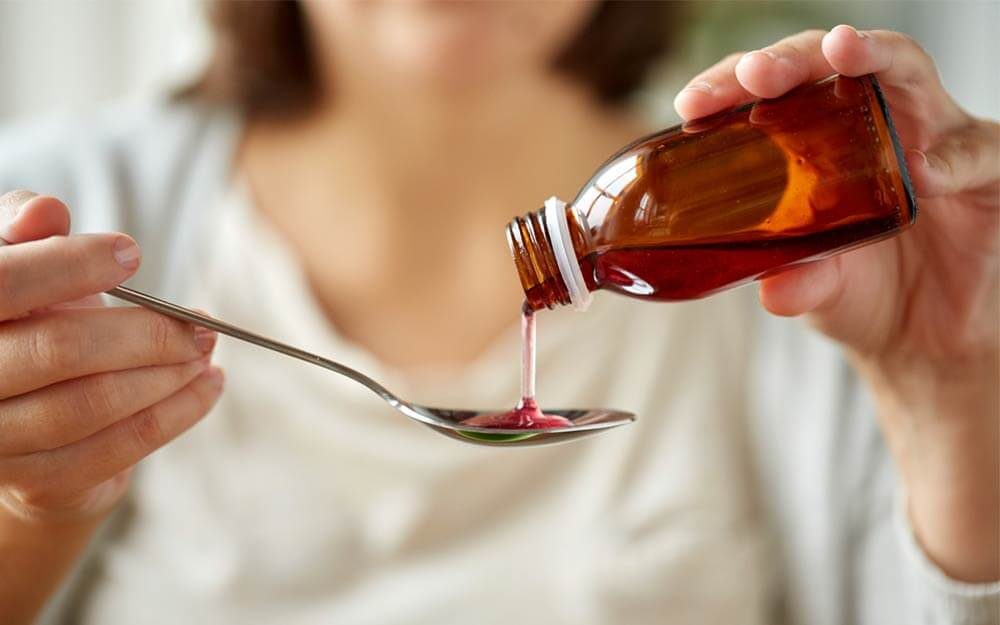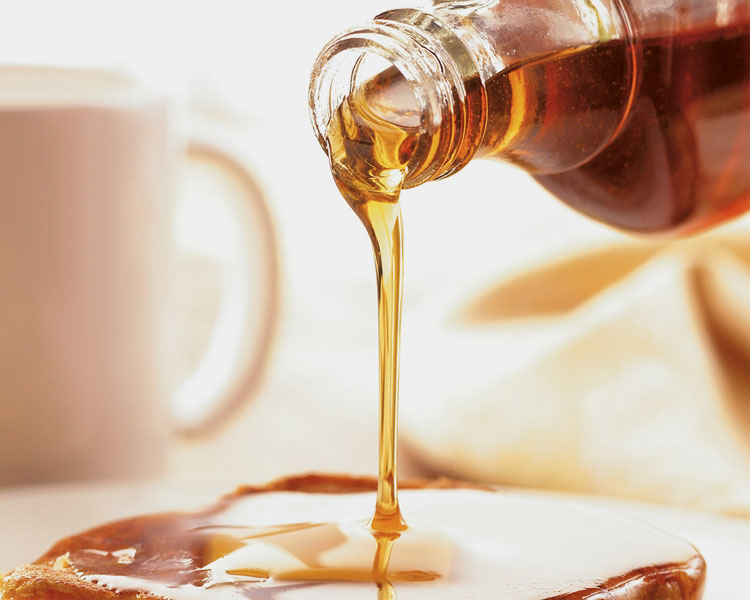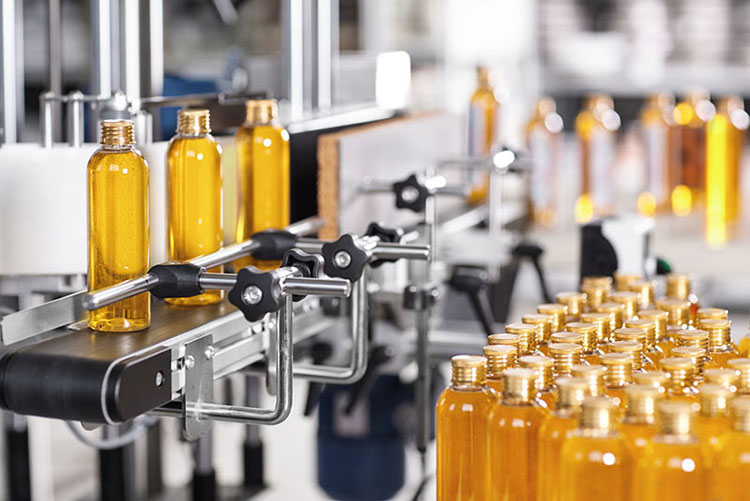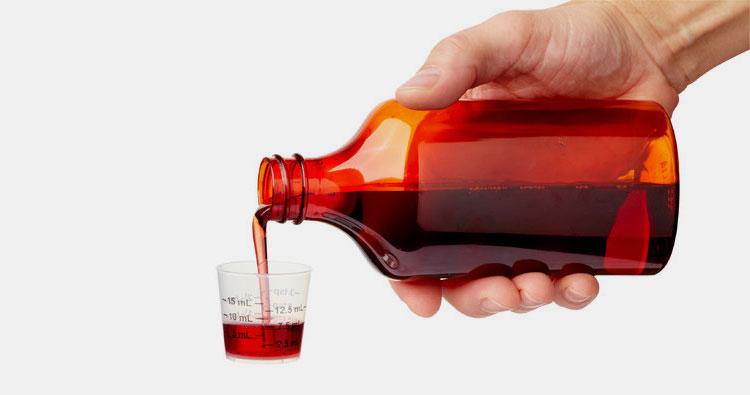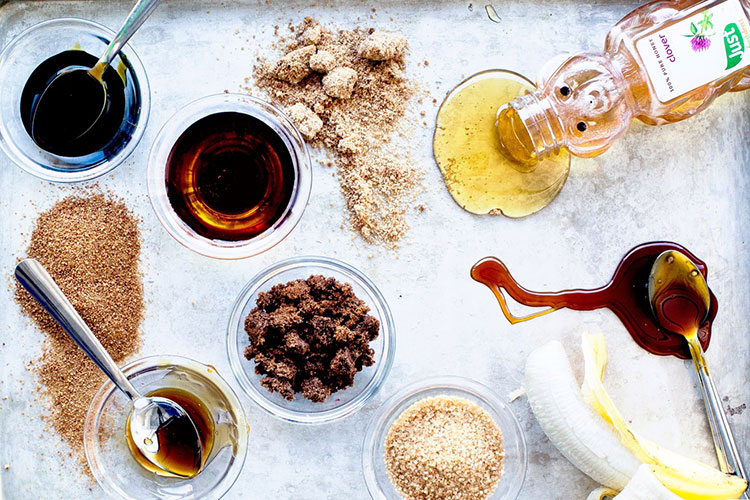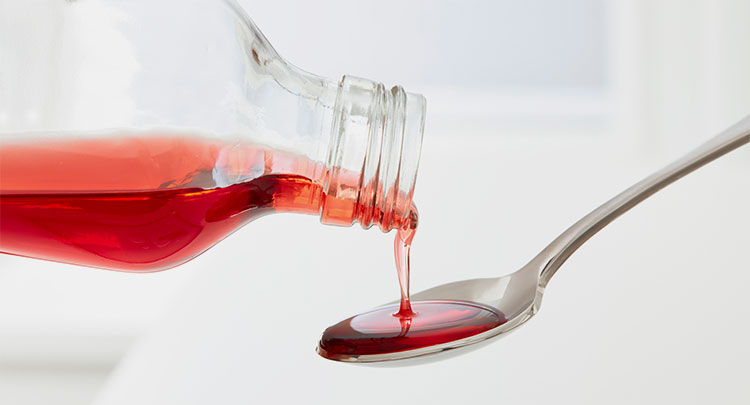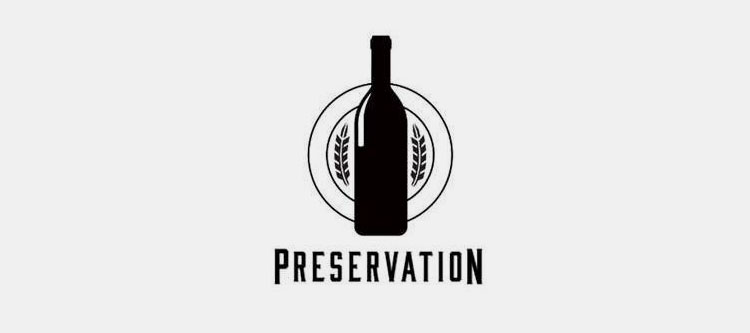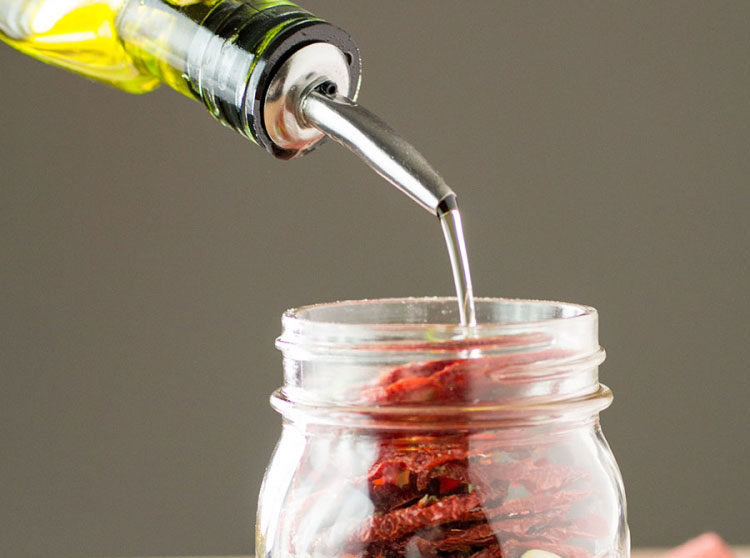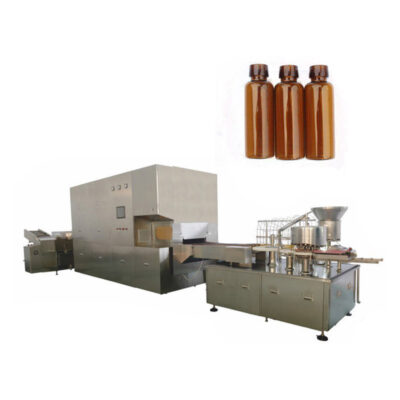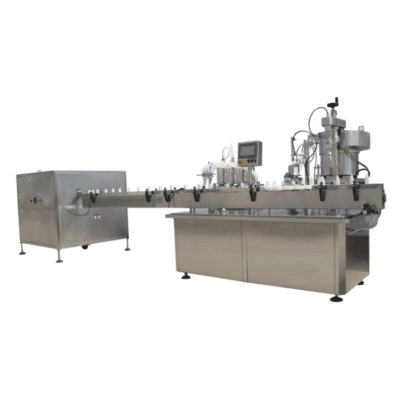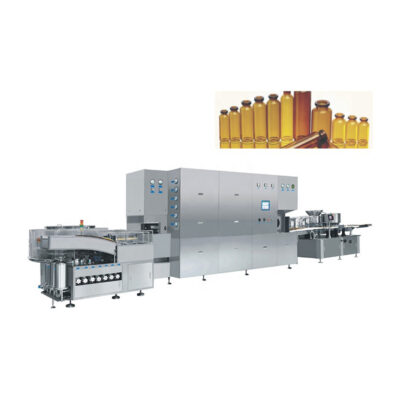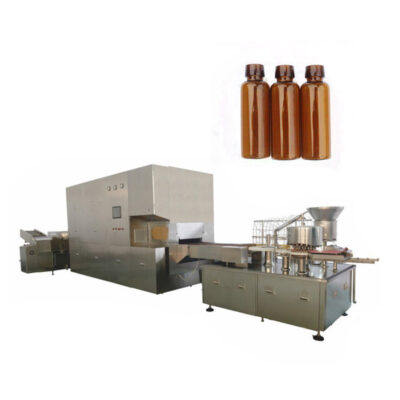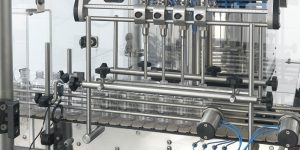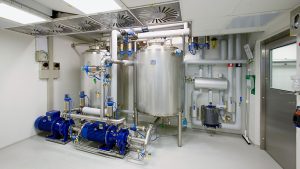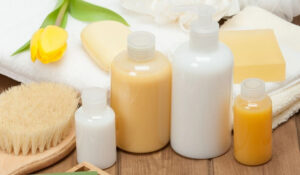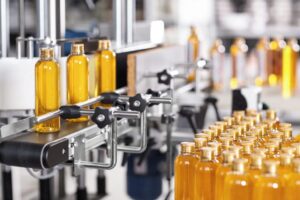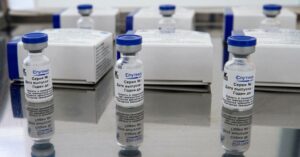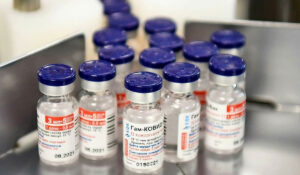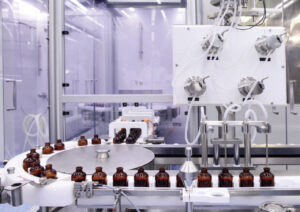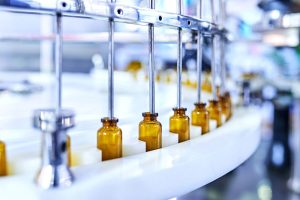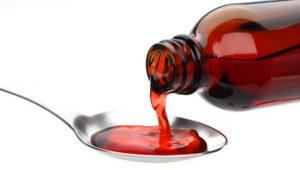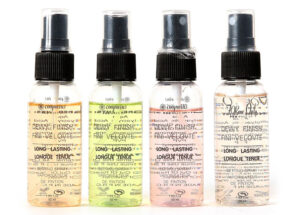Pharmaceutical Syrup: A Conventional Dosage
On the basis of liquid solutions there are two different types of dosages that are used in pharmaceutical industry one is Syrup & the other one is Suspension.
Pharmaceutical Syrup is a form of liquid medicine prepared for those who are not been able to swallow hard medicine or when you want quick dissolving rate to overcome any disease or illness.
In this mindful & informative post, I will explain to you about different fundamental properties of pharmaceutical syrup which includes some of the following that are given in questions below.
Table of Contents
Ⅰ.Basic queries about pharmaceutical syrup?
Pharmaceutical Syrup
Definition
In the field of medicine and drug industry, pharmaceutical syrups are liquefied concentrated medical substances formed with different solute and solvents like drugs, water and sugary elements.
However, I will explain to you more about syrup. In medicine and pharmaceutical syrup is an oral medicine in which different active API ingredients, purified water substances and other thick ingredients are used in the form of medicine to prepare a solid substance in the form of liquid.
Production
Production
The pharmaceutical syrup-making process begins with a large vat, in which the various ingredients are combined. The mixture is then heated and stirred until it reaches the desired consistency.
Once the mixture has cooled, it is bottled and labeled. The equipment used to prepare pharmaceutical syrup is similar to that used to prepare other types of liquid medication. However, there are a few key differences that ensure a high level of quality control.
For example, the temperature and stirring speed must be carefully monitored during the heating process to avoid damaging the delicate ingredients. In addition, a higher level of filtration is used to remove impurities before bottling.
As a result, the final product is a safe and effective medication that can be trusted to provide relief.
Ingredients
The ingredients in pharmaceutical syrup vary depending on the manufacturer. However, most syrups contain water, sugar, alcohol, and flavoring agents. Some syrups also contain drug additives such as antibiotics or pain relievers.
Uses
- The pharmaceutical syrup is used to treat a variety of illnesses.
- It can be used to relieve coughs, sore throats, and congestion.
- It can also be used to treat diarrhea and upset stomach.
- Some syrups are also used as a laxative or stool softener.
Side Effects
The most common side effect of pharmaceutical syrup is gastrointestinal upset. This can include nausea, vomiting, and diarrhea. If you experience these side effects, you should contact your doctor. Other possible side effects include headaches, dizziness, and drowsiness.
Types
Syrup
There are different types of Pharmaceutical Syrups. These types are as follows:
Aromatic Pharmaceutical Syrups
These types of syrups are used for improving the taste of unpleasant mixtures like salty and bitter.
Medicinal Pharmaceutical Syrups
This type of syrups is mostly made up of extractive drugs. In this type the respective medicines mixed with their respective syrups after the extraction of the fluid.
Also, some syrups are made up of chemicals. These syrups are the simple solutions of different chemicals.
Cough Syrup
Cough Syrup
The most common type is cough syrup. This syrup is used to treat coughs and congestion. It often contains ingredients such as guaifenesin and codeine.
Advantages or Benefits
Pharmaceutical syrups offer a number of advantages over other forms of medication.
- Perhaps are mostly importantly, they are easier to administer, especially to children.
- Syrups are also less likely to cause stomach upset and can be formulated to taste pleasant, making them more palatable for patients who may have difficulty taking other forms of medication.
- In addition, syrups are easy to transport and can be stored at room temperature, making them a convenient option for patients who are on the go.
- Finally, many syrups contain active ingredients that promote healing and help to speed recovery.
For all of these reasons, pharmaceutical syrups offer a number of distinct advantages over other types of medication.
Ⅱ.Which ingredients/components are used to prepare pharmaceutical syrup?
Ingredients of Pharmaceutical Syrup
The components of Pharmaceutical Syrups are as follows:
Sweating Agent
The very first component of syrups is sweating agent. In this sugar is the basic component that is used in the provision of sweetness.
Antimicrobial Preservations
Also, antimicrobials preservations are used in making of Pharmaceutical Syrups. The most common antimicrobials preservations are methyl, butyl, propyl and ethyl.
Viscosity Modifiers
The other component of syrup is viscosity modifiers. The common use of these modifiers is the reduction of the viscosity according to the change of temperature.
Flavors
Different flavors are used in making of Syrups. These flavors give different taste to the syrups.
Colors
Another component of Pharmaceutical Syrups are colors. These are used to give different colors to the syrups in making.
Ⅲ.Differentiate between Suspension & pharmaceutical syrup?
Suspension
A suspension is a heterogeneous mixture in which particles of the active ingredient are evenly distributed throughout the suspension but settle out on standing. A pharmaceutical syrup is an oral liquid preparation that contains one or more medicinal ingredients dissolved in a sugary base.
The main difference between suspension and syrup is that suspension is a type of heterogeneous mixture whereas syrup is a type of solution. Both suspensions and syrups have a sweet taste which makes them easy to take orally.
However, the particle size of the suspended drug in a suspension is larger than that of a dissolved drug in a syrup.
Moreover, suspensions have to be shaken before each dose to ensure that the drug is evenly distributed, whereas syrups do not have to be shaken before each dose.
Finally, suspensions tend to be less stable than syrups and have a shorter shelf-life.
Hence, it is important to choose the appropriate formulation depending on the stability of the drug and patient compliance.
Ⅳ.Best methods to preserve pharmaceutical syrup?
Pharmaceutical syrup is a type of liquid medication that is used to treat a variety of conditions. It is typically made from a combination of water, sugar, and active medicinal ingredients.
While syrup is an effective way to deliver medication, it can also be difficult to store and preserve.
Since it is a perishable product, it is important to take care when handling and storing pharmaceutical syrup.
There are three different methods that can be used to preserve pharmaceutical syrups.
Add Preservations
Adding preservatives
The first method is to add preservatives such as sodium benzoate or potassium sorbate. These chemicals will help to prevent the growth of bacteria and mold.
Storing of Syrup in Cool, Dry place
This is another option of preserving the pharmaceutical syrups. This will help to prolong its shelf life.
Airtight Syrup Container
The last method of preserving pharmaceutical syrup is to make sure that the syrup container is airtight. This will prevent the syrup from evaporating or becoming contaminated with outside bacteria.
By following these simple storage tips, you can help to ensure that your pharmaceutical syrup stays fresh and potent for as long as possible.
Conclusion
Pharmaceutical syrups are very commonly used for medication purpose to cure different kinds of diseases. Their instant and quick reaction made them more reliable and efficient in medical field these syrups are available in multiple flavors for easy intake. Aipak Pharmaceuticals are the best producer of these Pharmaceutical syrups. If you have any queries regarding pharmaceutical syrups you can contact us we will be happy to assist you.
Don't forget to share this post!
Syrup Filling Machine Related Products
Syrup Filling Machine Related Posts
Syrup Filling Machine Related Videos
CONTACT US
Tell us your raw material and project budget to get quotations within 24 hours.
WhatsApp Us: +86 181 6426 8586
Want the best price & newest pharmaceutical machinery buying guide,tips and trends sent straightly to your box?Sign up for Aipak’s monthly newsletter,we’re free for your consultation and Offer you the most suitable solutions!
The Buyer's Guide
- Capsule Filling Buyer's Guide
- Blister Packaging Buyer's Guide
- Tablet Counting Buyer's Guide
- Tube Filling Buyer's Guide
- Cartoning Buyer's Guide
- Gummy Making Buyer's Guide
- CO2 Extraction Buyer's Guide
- Empty Capsules Buyer's Guide
- Suppository Filling Buyer's Guide
- Tablet Coating Buyer's Guide
- Tablet Press Buyer's Guide
- Softgel Encapsulation Buyer's Guide
Most Popular
- 7 Importance Of Pharmaceutical Packaging In Different Applications You Must Know
- 6 Advantages You Must Know About Tablet Counting Machine
- 8 Advantages of Blister Packaging You Must Know
- 6 Critical Applications of Automatic Capsule Filling Machine
- 6 Stations You must Know to Improve the Filling Quality of Automatic Capsule Filling Machine
